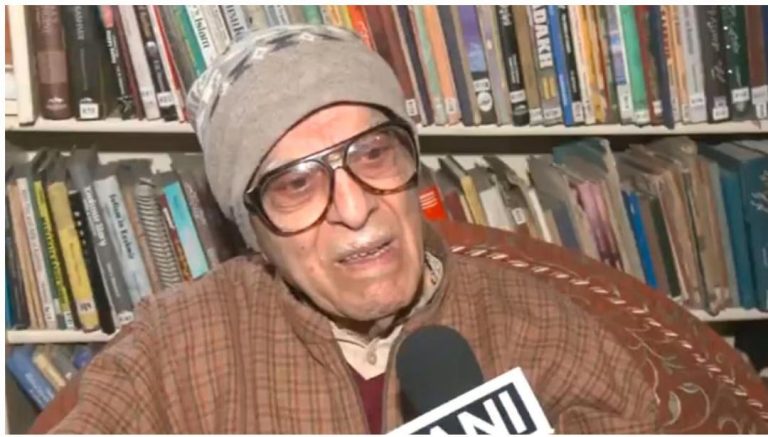
Mughal Era Not Dropped from NCERT Books, Only Repetitions Edited: Sukanta
The Mughal era, a significant period in Indian history, has been a subject of controversy in recent times. With the ongoing debate over the curriculum and education in the country, a statement by West Bengal BJP President Sukanta Majumdar has added fuel to the fire. According to Majumdar, the Mughal era has not been removed from NCERT textbooks, but only repetitive content has been edited. In this blog post, we will delve into the details of Majumdar’s statement and explore the significance of the Mughal era in Indian history.
Majumdar’s statement came as a response to the ongoing debate over the removal of the Mughal era from NCERT textbooks. There have been reports of the Mughal era being dropped from the curriculum, sparking concerns among historians and scholars. However, Majumdar’s statement has clarified that the Mughal era is still an important part of Indian history and has not been removed from the textbooks.
In an interview, Majumdar said, “Mughal era is an important part of Indian history, and similar importance should be given to the other era also, the one which was India’s golden period.” He also labelled the Mughal period as “the darkest part of Indian history.” Majumdar’s statement suggests that he believes the Mughal era is a significant part of Indian history, but it is essential to present it in a balanced and accurate manner.
The Mughal era, which spanned from the 16th to the 19th century, was a period of great cultural, artistic, and architectural achievement in India. The Mughal Empire was founded by Babur, a Central Asian ruler, and it reached its peak during the reign of Akbar and Shah Jahan. The Mughal era is known for its stunning architecture, exquisite art, and rich literary traditions.
However, the Mughal era was also marked by conflicts, invasions, and brutal suppression of dissent. The Mughal Empire was known for its brutal treatment of its subjects, particularly during the reign of Aurangzeb. Aurangzeb’s policies led to widespread unrest and rebellion among the people, and his reign is often seen as a dark period in Indian history.
Majumdar’s statement suggests that he is aware of the complexities of the Mughal era and the need to present it in a balanced manner. He is not advocating for the erasure of the Mughal era from Indian history, but rather for a nuanced understanding of this period.
The debate over the Mughal era in NCERT textbooks is not new. In recent years, there have been controversies over the inclusion of certain historical events and figures in the curriculum. The Mughal era has been criticized for its perceived negative impact on Indian society and culture.
However, many historians and scholars argue that the Mughal era is an essential part of Indian history, and its removal from the curriculum would be a disservice to the country’s cultural and historical heritage. The Mughal era is a significant part of India’s cultural and artistic heritage, and its exclusion from the curriculum would be a loss for the country.
In conclusion, Sukanta Majumdar’s statement has clarified that the Mughal era is not removed from NCERT textbooks, but only repetitive content has been edited. Majumdar’s statement suggests that he believes the Mughal era is an important part of Indian history, but it is essential to present it in a balanced and accurate manner. The Mughal era is a significant part of India’s cultural and artistic heritage, and its inclusion in the curriculum is essential for a nuanced understanding of Indian history.





